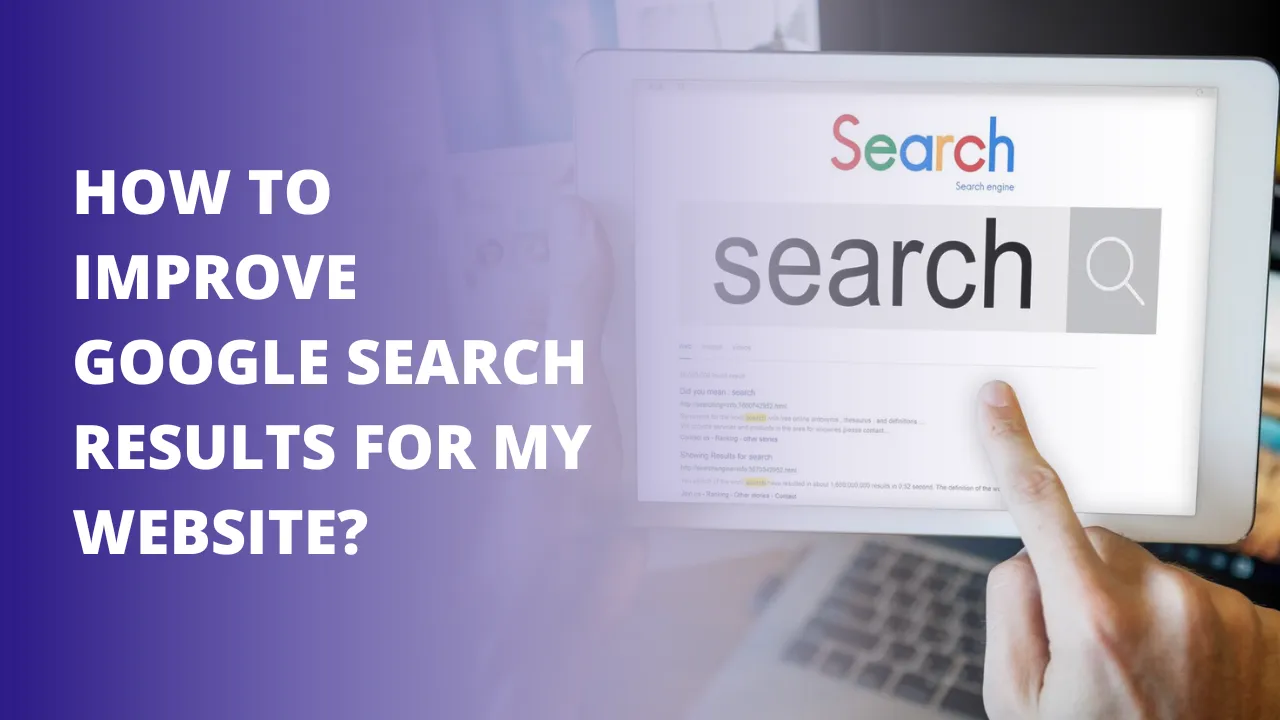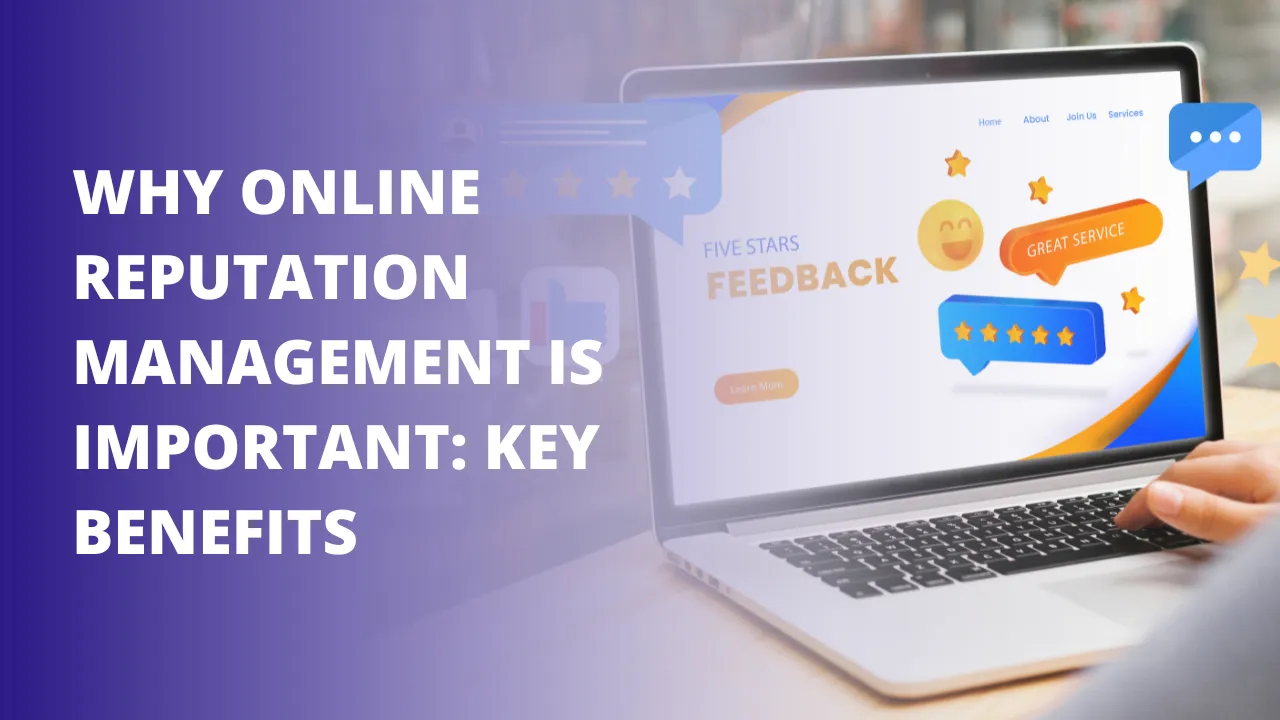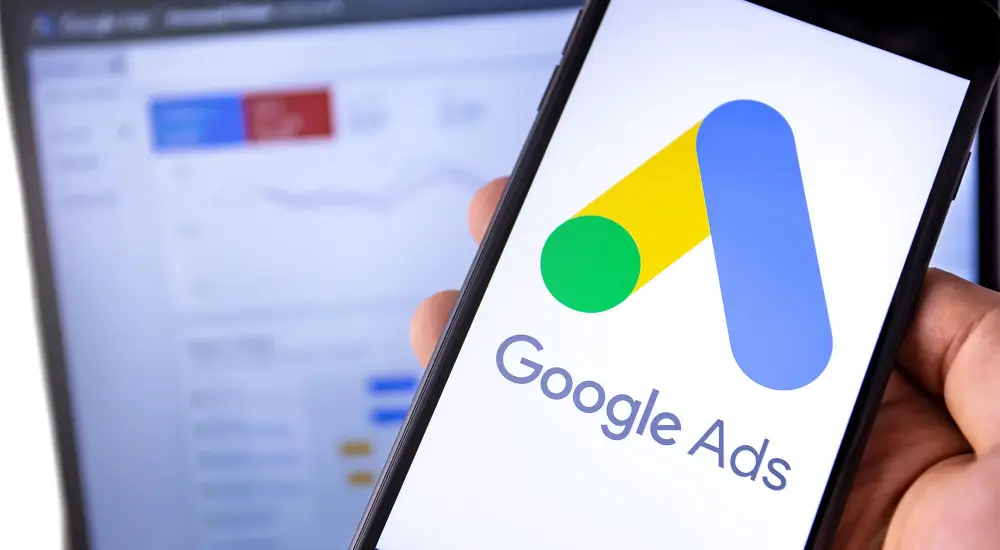Table of Contents
- How is Web 3.0 different from Web 2.0?
- Some of the key differences between Web 3.0 and Web 2.0 include:
- Pros & Con of the decentralized web
- How can a distributed internet benefit users?
- Challenges and Obstacles to Creating a Decentralized Internet
- Conclusion
- The Powerful Benefits Of Using A Decentralized E-Commerce Platform
 Blockchain is the new buzzword in technology. It's a chronically misunderstood, confusing, and astonishingly powerful technological breakthrough that will disrupt every industry in the world. Decentralized blockchains, like Bitcoin and Ethereum, have the potential to disrupt many industries. One industry that could be transformed is the internet. The notion of Web3 is not a new one, but it has recently been revived through the work of Parity Technologies and the Ethereum Foundation. The author speaks about how Web3 will be more decentralized, that people will control their data, and that there will be no gatekeepers or unfair control.
Blockchain is the new buzzword in technology. It's a chronically misunderstood, confusing, and astonishingly powerful technological breakthrough that will disrupt every industry in the world. Decentralized blockchains, like Bitcoin and Ethereum, have the potential to disrupt many industries. One industry that could be transformed is the internet. The notion of Web3 is not a new one, but it has recently been revived through the work of Parity Technologies and the Ethereum Foundation. The author speaks about how Web3 will be more decentralized, that people will control their data, and that there will be no gatekeepers or unfair control.
How is Web 3.0 different from Web 2.0?
Web 3.0 is the next generation of the internet, where users are in control of their data. Web 2.0 was about centrally controlled platforms like Facebook and Google, where users generate content that is then controlled by those platforms. Web 3.0 is a decentralized web, where there is no central authority controlling the data.Some of the key differences between Web 3.0 and Web 2.0 include:
- Users are in control of their data: In a decentralized web, users own their data. They can choose to share it or not share it, and they can decide how it is used.
- There is no central authority: In a decentralized web, there is no central authority controlling the data. This means that users are free to create and use any applications they want, without having to get approval from a central authority.
- The web is more secure: In a decentralized web, each user has a copy of the data. This makes it much more difficult for hackers to access user data, as they would need to hack into each user's account instead of just one central server.
- The web is more efficient: In a decentralized web, each
Pros & Con of the decentralized web
The internet has come a long way since it was first introduced in the early 1990s. It has become an essential part of our lives, and it is hard to imagine a world without it. There are many advantages to the internet. It allows us to stay connected with our friends and family, no matter where they are in the world. We can also access a wealth of information at the click of a button. The internet has also made it possible for businesses to reach a global audience. There is no doubt that the internet has revolutionized the way we live and work. It is hard to imagine a world without it.How can a distributed internet benefit users?
A distributed internet is a network of computers that are not all connected through central servers. This type of network is more secure and resilient than the traditional internet because it is not reliant on a single point of failure. There are many potential benefits for users of a distributed internet. For example, because there is no central server, there is no single point of attack. This makes it much more difficult for hackers to take down the entire network. Additionally, a distributed internet is more resistant to censorship. Because there is no central authority, it is much harder for governments or other groups to censor content on the distributed internet. Overall, a distributed internet has many potential benefits for users. It is more secure and resilient than the traditional internet, and it has the potential to resist censorship.Challenges and Obstacles to Creating a Decentralized Internet
- One of the challenges to creating a decentralized internet is the lack of infrastructure. Currently, the internet is centralized, with a few large companies controlling the majority of traffic. To create a decentralized internet, new infrastructure would need to be created. This would be a costly and time-consuming process.
- Another challenge to creating a decentralized internet is getting people to use it. Currently, most people are used to the centralized internet and are not familiar with how a decentralized system would work. It would be difficult to convince people to switch to a new system, especially if it is not as user-friendly as the current one.
- Finally, there are also legal challenges to creating a decentralized internet. Some countries have laws that require data to be stored in certain ways or certain locations. These laws would need to be changed for a decentralized internet to become a reality.





Leave a Reply